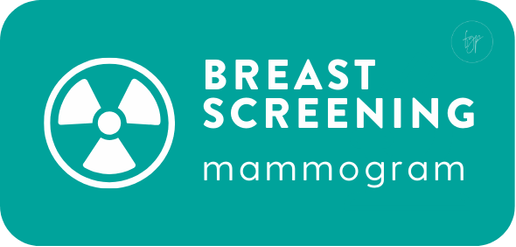What is going on?
Your Imaging Results

Breast Screening: Mammograms
📷 3D Mammograms vs. 2D Mammograms: Radiation Differences
✅ 2D Mammogram
Standard digital mammogram takes two images per breast (top-down and side).
Radiation dose: ~0.4 mSv per breast, total ~0.7–1.0 mSv for both.
✅ 3D Mammogram (Tomosynthesis)
Takes multiple low-dose images from different angles, which are synthesized into a 3D image.
Radiation dose is slightly higher than 2D:
Often ~1.2 to 2 times the dose of a standard digital 2D mammogram.
Still well below safety thresholds and under the FDA’s allowable limit of 3 mGy per image.
⚖️ Risk vs. Benefit in 3D Mammography
🔺 Yes, the radiation dose is slightly higher, but:
Improved cancer detection, especially in women with dense breasts.
Fewer false positives and callbacks, reducing unnecessary anxiety and biopsies.
Many modern machines now perform combined 2D+3D imaging in a single session with comparable total dose to 2D alone using synthetic 2D reconstruction (no extra exposure).
🧬 Carcinogenic Risk Perspective
Even with the higher dose:
The absolute increase in carcinogenic risk remains extremely low.
According to modeling studies (e.g., National Cancer Institute), the risk of radiation-induced cancer from biennial 3D screening from age 50–74 is less than 1 case per 10,000 women screened — far outweighed by detection benefits.
📝 Summary
3D mammograms do carry a slightly higher radiation dose than 2D, but they provide better imaging—especially for dense breasts—and remain well within safe exposure limits. The improved diagnostic accuracy typically justifies the modest increase in dose.
What does the investigation involve?
Your result is raised
When Levels are High
Your result is low
When Levels are Low
A deeper dive
For those looking to delve deeper and gain a greater understanding of their results and their practical applications.

